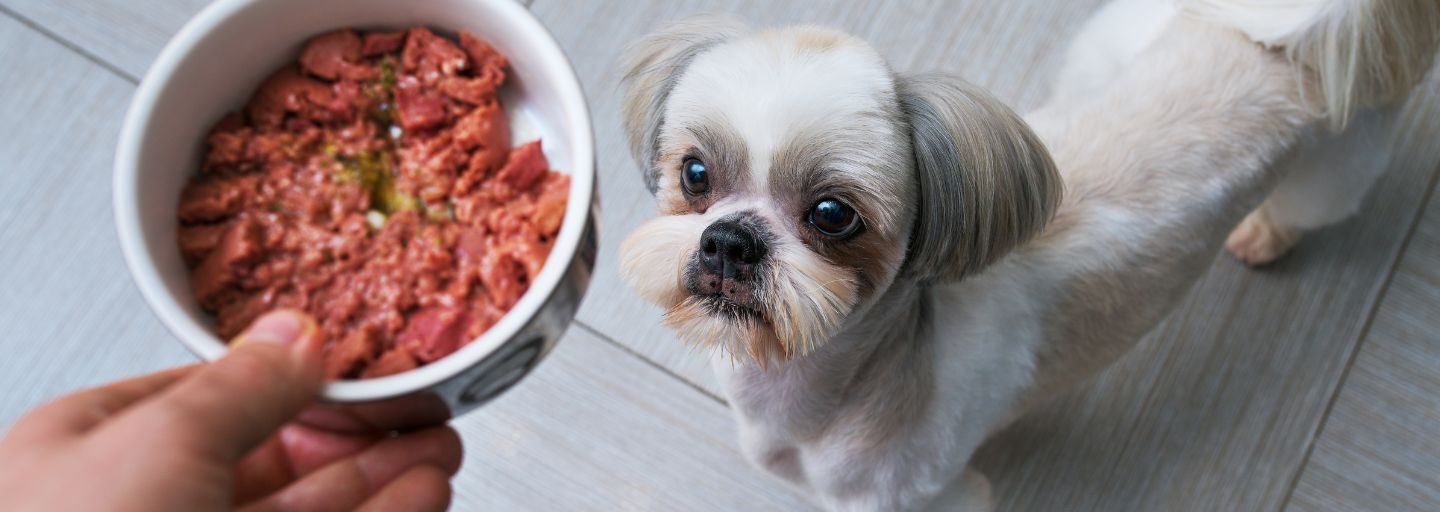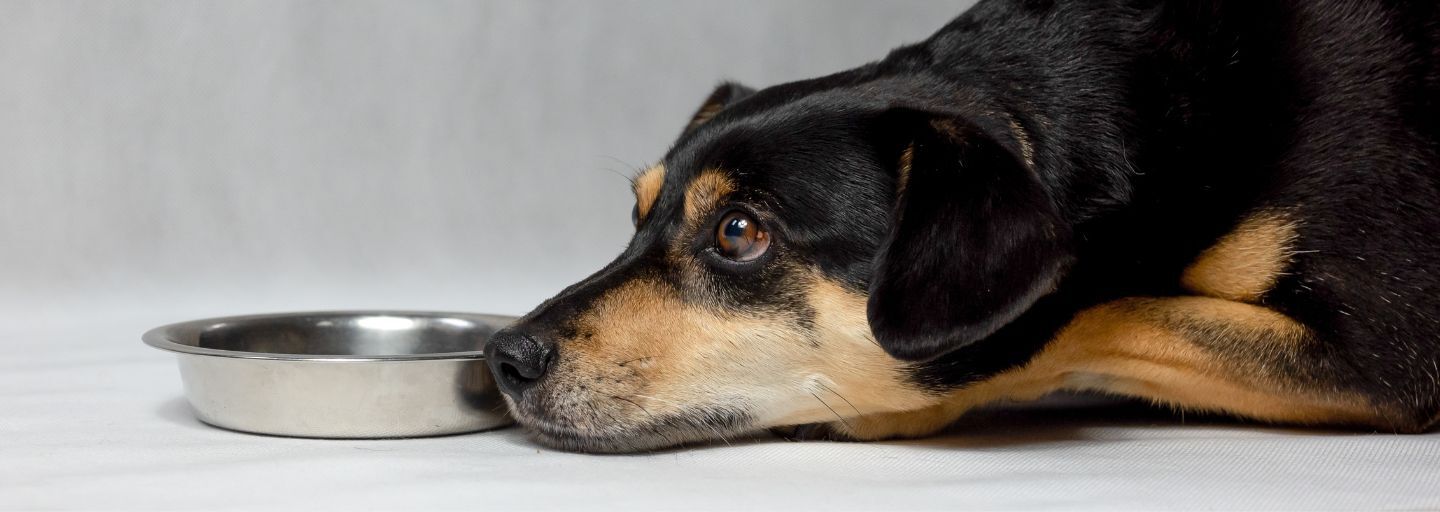As dog owners, we want to provide our furry companions with the best nutrition possible. A balanced diet is essential for their overall health and well-being. But with so many options available, it can be overwhelming to determine what constitutes a balanced diet for dogs. In this article, we will explore some key considerations and tips to help you provide your dog with a nutritionally balanced diet.
- Understand Your Dog's Nutritional Needs: Dogs have specific dietary requirements that must be met to maintain optimal health. Their diet should consist of high-quality protein, healthy fats, carbohydrates, vitamins, and minerals. The exact nutritional needs may vary based on factors such as age, breed, size, activity level, and any existing health conditions. Understanding these nutritional needs is the first step in providing a balanced diet for your dog.
- Choose High-Quality Dog Food: Selecting a high-quality dog food is crucial for meeting your dog's nutritional requirements. Look for dog foods that are labelled as "complete and balanced" or have undergone feeding trials to ensure they meet the standards set by regulatory bodies. Read the ingredient list and opt for products that list a high-quality source of animal protein, such as chicken or beef, as the main ingredient. Avoid foods that contain excessive fillers, artificial additives, or by-products. At Purina, pet nutrition is at the heart of what we do. Here are some of our Dog food brands you can consider:
- PRO PLAN offers a premium range of scientifically formulated food for dogs, as well as a veterinary diet range.
- PURINA ONE offers both a cat and dog food range to support the health and wellbeing of your pet.
- SUPERCOAT offers complete and balanced dog food range for your pet's health and vitality.
- LUKCY DOG dog food supports dog health and happiness with a balanced diet.
- Wet or Dry Food: Both wet and dry dog food options can be part of a balanced diet, but there are some considerations to keep in mind. Wet dog food has a higher moisture content, which can help promote hydration, especially for dogs that don't drink much water. It is also typically more palatable for dogs. Dry dog food, on the other hand, can be more convenient and may help maintain dental health. Some dog owners choose to feed a combination of wet and dry food to provide variety and meet their dog's preferences.
- Portion Control: Maintaining proper portion control is essential to prevent overfeeding or underfeeding. Follow the feeding guidelines provided on the dog food packaging as a starting point, but keep in mind that individual dogs may have different needs based on factors such as age, activity level, and metabolism. Monitor your dog's body condition and adjust the portion sizes accordingly. It's important to avoid overfeeding, as obesity can lead to various health issues.
- Treats in Moderation: Treats can be a part of your dog's diet, but they should be given in moderation. Treats should not exceed 10% of your dog's daily caloric intake. Opt for high-quality dog treats that are specifically formulated for dogs and avoid giving them excessive amounts of treats, as it can lead to nutritional imbalances. Consider using treats as rewards during training sessions or as occasional special treats.
- Avoid Feeding Human Foods: While it may be tempting to share our meals with our dogs, it's important to avoid feeding them human foods. Many human foods, such as chocolate, onions, garlic, and certain fruits, can be toxic to dogs. Additionally, some foods may not provide the necessary nutrients for a balanced diet. Stick to dog-specific foods that are formulated to meet their nutritional needs.
- Regular Veterinary Check-ups: Regular veterinary check-ups are essential for monitoring your dog's overall health and ensuring they are receiving a balanced diet. Your veterinarian can assess your dog's body condition, provide guidance on nutrition, and address any specific dietary concerns or recommendations based on your dog's individual needs. They can also perform routine blood work to check for any underlying health issues that may impact their dietary requirements.
Providing your dog with a balanced diet involves understanding their nutritional needs, choosing high-quality dog food, practicing portion control, and avoiding feeding them inappropriate human foods. Remember to consult with your veterinarian for personalised advice and recommendations based on your dog's specific needs. By prioritising their nutrition, you can help ensure that your canine companion enjoys a healthy and happy life.



